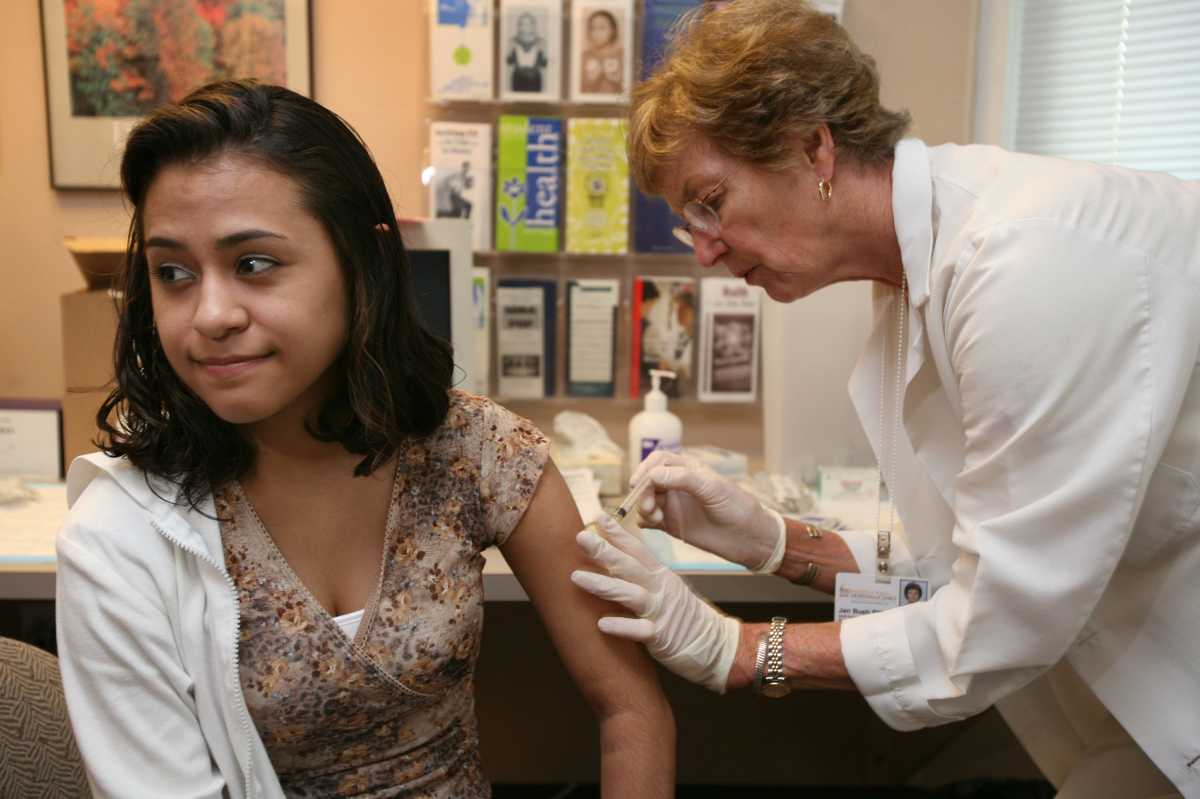Health
U.S. Health Officials Warn of Growing Measles Threat

The U.S. Centers for Disease Control and Prevention (CDC) has issued a warning to healthcare providers regarding the recent rise in global measles cases. The CDC has confirmed 23 cases of measles since December 1, including several from international travelers and two outbreaks with five or more cases each. The Philadelphia Department of Public Health is currently tracking an ongoing outbreak with nine confirmed cases, mostly involving children.
Additional outbreaks have been reported in southwest Washington state, New Jersey, and Georgia. Measles cases have also been reported at two international airports in Virginia. The majority of cases reported in the U.S. since December 1 were in children who had not received their measles, mumps, and rubella (MMR) vaccine series. The CDC warns that the increased number of measles importations is indicative of a growing global threat from the disease. In 2019, the U.S. saw the highest number of measles cases since 1992, and public health officials are concerned that cases could rise again.
Globally, measles cases increased by 19% in 2022 compared to the previous year, leading to 136,000 deaths, mostly among children. The World Health Organization‘s European region saw over 42,000 cases last year due to declining vaccination rates. In response to the outbreaks, the United Kingdom’s Health Security Agency has declared a “public health risk.” Prompt vaccination is essential in protecting children from measles, as the disease can lead to various severe complications.
Measles is highly contagious and primarily affects children. Initial symptoms include high fever, cough, runny nose, and red, watery eyes. After a few days, small white spots may appear inside the mouth, followed by a rash that starts on the face and spreads to other parts of the body. Severe cases can result in complications such as ear infections and pneumonia. Measles can also weaken the immune system, increasing the risk of other infections. There is no specific antiviral treatment for measles.
Health officials emphasize the importance of the MMR vaccine in preventing measles. Pregnant women should ensure they have received the vaccine to avoid potential complications. Vaccination remains the best defense against measles, and public health authorities have robust systems in place to monitor vaccine safety. Measles can have serious consequences, including death, so it is crucial to take preventive measures and ensure children are protected.












